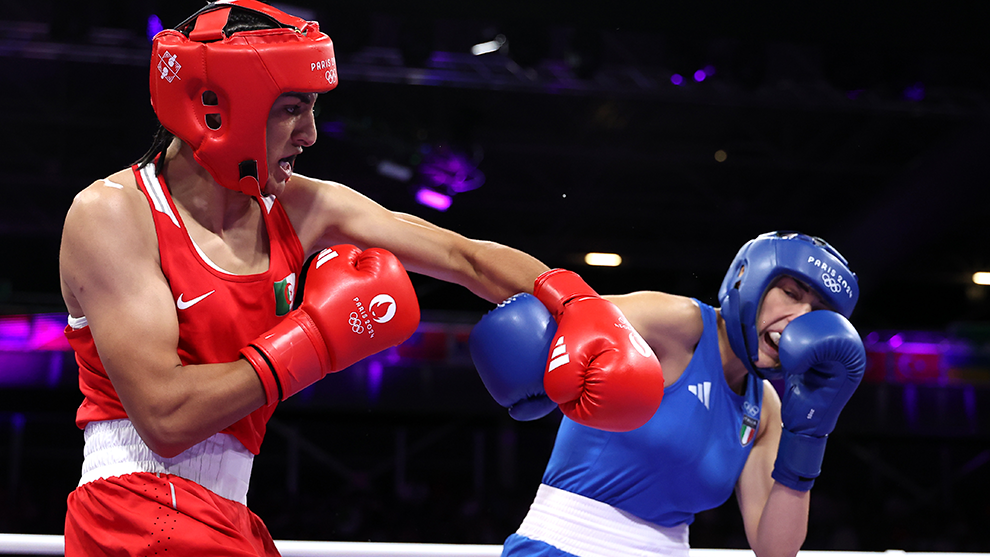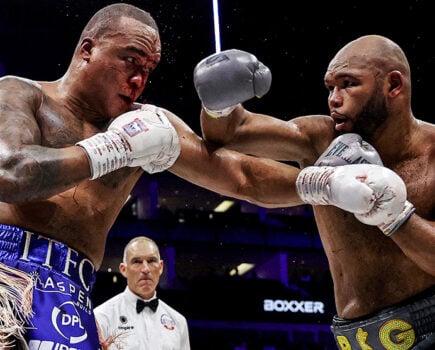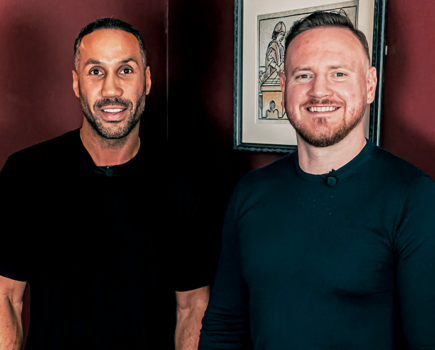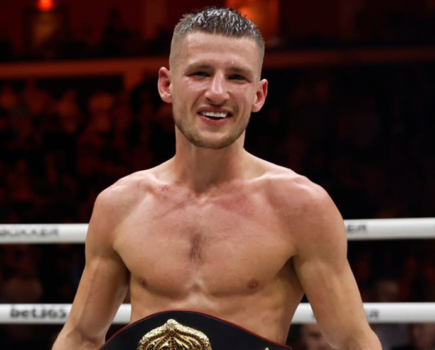By Ruth Raper
The Olympic Games is no stranger to controversy, and Paris 2024 is proving to be no different. From human and political rights to the safety and security of athletes, there are a number of stories circulating. But the story that seems to have caught the world’s attention is that of Imane Khelif and Lin Yu-ting, boxers from Algeria and Taiwan.
After Khelif and Yu-ting won their first fights, news surfaced that both boxers were disqualified from the 2023 Women’s World Championships. Social media erupted and spread their conclusion that the two fighters were transgender. Viral media grabbed hold of the story and the broader boxing and sporting world joined in to declare their outrage.
This outrage was fuelled by Khelif’s opening contest against Italian boxer Angela Carini. The contest lasted only 46 seconds, just enough time to see Khelif land a handful of punches, Carini quit and break down in tears. The Italian boxer stated that she had never felt punches so powerful and that she simply couldn’t continue the fight. This show of emotion from Carini promoted a strong public opinion that Khelif had no place competing in the women’s category.

Imane Khelif and Angela Carini exchange punches (Photo by Richard Pelham/Getty Images)
At first glance, this appeared to be a debate over whether transgender women should be competing in women’s categories in sport, with Khelif being cast as a transgender woman, putting cis women in danger. As days passed, a photograph of a young Khelif emerged with a statement from The International Olympic Committee (IOC) president, Thomas Bach, stating, “We are not talking about the transgender issue here. This is about a woman taking part in a women’s category.”Given this clarification, we must take a deeper look at why the two boxers were disqualified from last year’s World Championships.
The International Boxing Association (IBA) (previously known as AIBA) claimed that Khelif and Yu-ting failed gender eligibility tests as their DNA test results showed that both athletes have XY chromosomes, but the results were never published. The IBA governed Olympic boxing until 2019, when the IOC suspended the organisation due to governance, finance and corruption issues. This made the IBA the first federation to be expelled from the Olympic movement. Khelif was disqualified after she defeated a Russian boxer, Azalia Amineva.
Why only now, at the apex of their careers, have these two boxers been questioned about their gender? Khelif and Yu-ting competed in the 2020 Tokyo Olympics with no uproar, speculation, or controversy.
Given the building debate about a level playing field, isn’t it only right that we take a closer look at what we really consider to be “level”
The term ‘difference of sex development’ (DSD)(previously known as intersex) defines a wide spectrum of conditions in which the development of chromosomes, genitalia and hormones is atypical. Taking this spectrum into account, how do we set clear yet fair guidelines as to what is fair and what is not, what do we count as a natural physical advantage, and what is an unfair advantage?
This is not the first time that we have witnessed a debate on gender eligibility. The most public case was that of 800-meter runner Caster Semenya, who was asked to take medication to suppress her testosterone levels if she wanted to continue competing. Yet, the equivalent discussion raised around male athletes is that of admiration, classing superior athletes as superhuman because of their genetic makeup.
Michael Phelps has won a staggering 28 Olympic medals over four Olympic Games. News outlets and sports broadcasters were only too pleased to wonder at his disproportionately large wingspan, double-jointed ankles, and ability to produce approximately half the level of lactic acid compared to his competitors. These unique physiological blessings are no doubt attributed to the 2000s being known as the “Phelps era.”
We should ask ourselves why we punish Semenya, Khelif, and Yu-ting yet celebrate Phelps. The tone on social media has been accusatory and, at times, has felt like a witch-hunt.
Prominent figures from politics and media have chimed in with their heavy-handed remarks: Donald Trump shared a video of Khelif’s fight along with the caption, “I WILL KEEP MEN OUT OF WOMEN’S SPORTS”; Piers Morgan released a news article with the heading “Imane Khelif is NOT a biological woman” and separately tweeted a photo of Khelif with the caption, “if this is a biological female, I’m a biological aardvark”.
Are these the words of men who are trying to protect women’s sports, or are they using this as an opportunity to make a political statement and to remind everyone of how a woman “should” look?
I’ve been taken aback (and slightly scared) by the speed at which misinformation can spread. The masses have gorged themselves on politically charged headlines, thrilled at the chance to spew onto the internet whatever they feel makes them appear a moral authority, with no care for fact-checking or due diligence.
The Olympic Games is the pinnacle of an amateur boxer’s career, but rather than being celebrated for their dedication and talent, Khelif and Yu-ting have become victims of slingshot judgements and viral media scandals. With the future of Olympic boxing hanging in the balance, as it has not yet been added to the 2028 LA programme, it would be a shame if this is the lasting memory of Olympic boxing.






